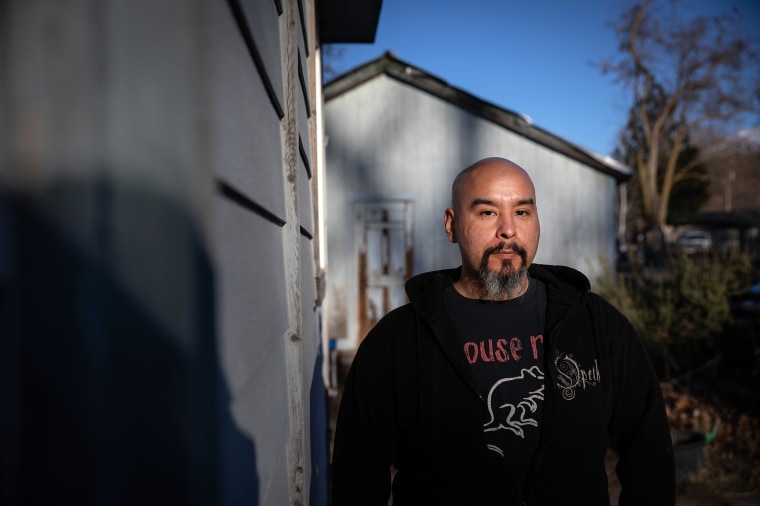A wildland firefighter is suing the U.S. Forest Service, claiming that he was “blackballed” after speaking out publicly about loose coronavirus safety regulations during last year's historic fire season that scorched millions of acres across several Western states.
According to a complaint filed with the U.S Equal Employment Opportunity Commission, Pedro Rios, a firefighter with 13 years experience, was “discriminated and retaliated against due to protesting lack of COVID-19 protocols and protections for the fire crew, families and the public.”
Rios says he was denied rehire rights, the hiring process federal firefighters undergo each fire season, after he publicly criticized his boss's handling of safety guidelines.
He also filed a whistleblower complaint with the U.S. Office of Special Counsel alleging that his free speech rights as a public employee were violated. Both complaints were received in February and investigations are ongoing, according to his lawyer, Tom Dimitre.
In an emailed statement, the Forest Service declined to comment on pending litigation and said “as a matter of policy, we do not discuss personnel matters.”
The federal complaints stem from a message Rios posted to a Facebook community page in July. In the post, he warned residents of his small Northern California county that his fire crew would be returning home to the Klamath National Forest without first quarantining after spending a week in Southern California, which was considered a Covid-19 hot spot during the summer and for many months after.
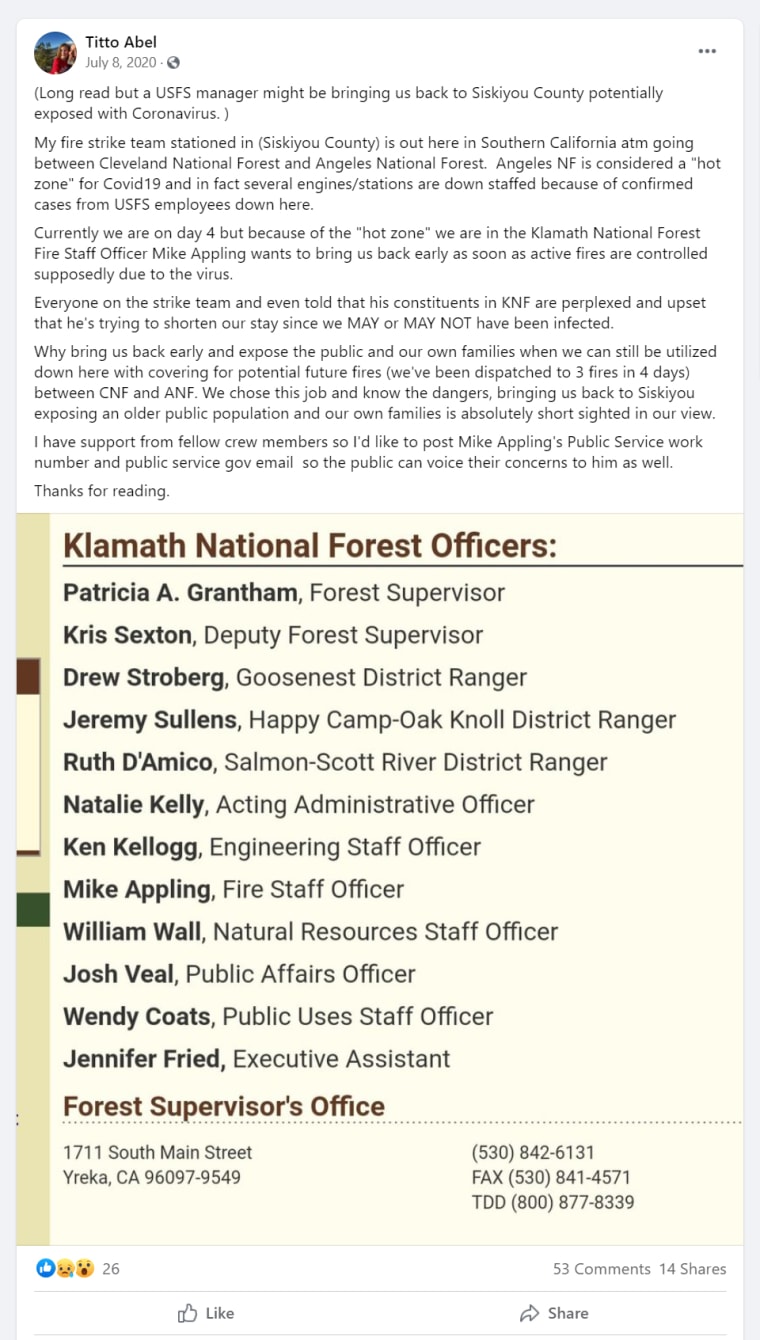
“We chose this job and know the dangers, bringing us back to Siskiyou exposing an older public population and our own families is absolutely short sighted in our view,” he wrote in the post.
He went on to post a screenshot showing the names of Klamath National Forest officers whom community members could contact with questions or concerns.
Even before the coronavirus pandemic spread throughout the country, Rios worried about his son’s compromised health and what could happen if the 4-year-old came down with a respiratory infection.
Like both his mother and father, Felix Bell-Rios was born with severe asthma that can trigger attacks at a moment’s notice. In 2019, he was airlifted to an intensive care unit after a particularly vicious episode and spent two days in the hospital. He now uses Flovent medication and a nebulizer machine to keep his air passages clear.
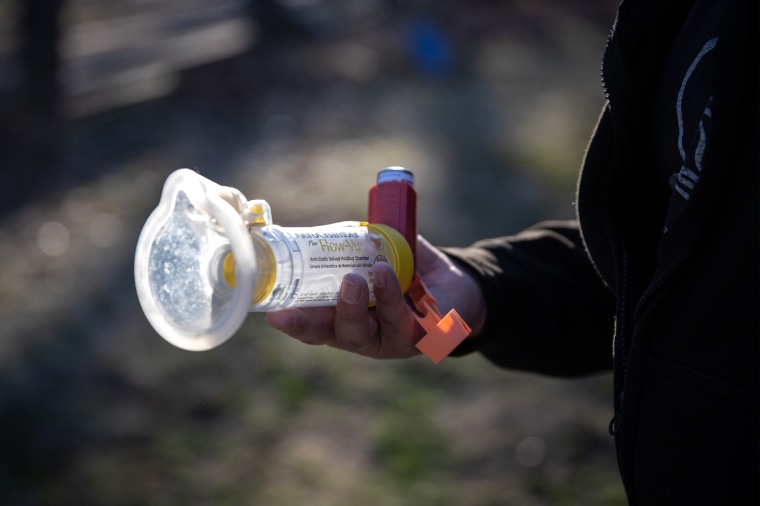
When Covid-19 arrived in the United States last year, Rios wondered what that would mean for the upcoming fire season and for his son’s safety. After talking it over with his girlfriend and members of his fire crew, he said he felt confident the Forest Service would have Covid-19 safety measures in place.
But that was not his experience when fire season started, he said.
His crew was given hand sanitizer and masks, but they were not instructed to quarantine before traveling to Southern California or after. Instead, his crew was told to self-isolate if they experienced symptoms after returning to Siskiyou County, a rural community near the Oregon border.
Rios worried these mitigation plans were insufficient, he said. He and others in the crew used public bathrooms and grocery stores while in Los Angeles, and they did not wear masks around each other or while fighting fires.
During his time in Southern California, he said, he voiced concerns to his managers that traveling to an urban region with high Covid-19 rates could endanger his son and elderly residents in Siskiyou County.
“They left us out to dry,” he said of the Forest Service. “They didn’t care about us or our safety, the public’s safety, our children’s safety.”
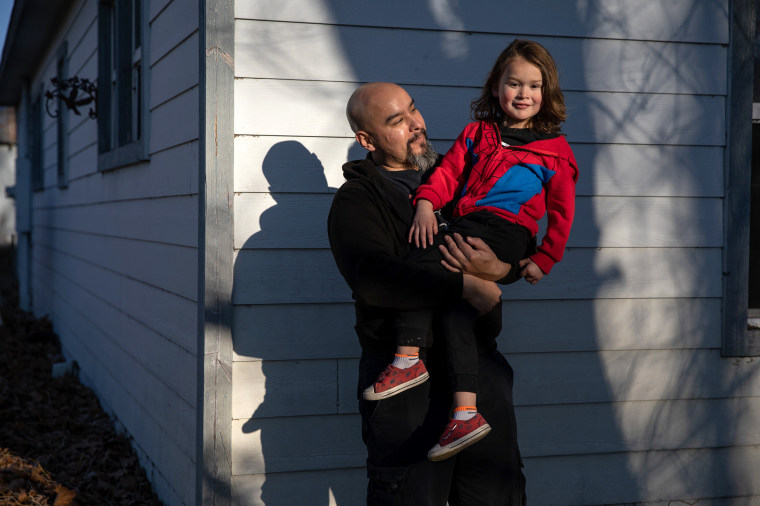
In an emailed statement, a spokesman for the Forest Service said that the federal agency “has and continues to take proactive steps to prioritize our employees' health and safety and the communities we serve.”
“At the Regional level, a COVID-19 Emergency Response Team was comprised. That team created mitigation plans that included guidance from the Centers for Disease Control and Prevention and local health organizations,” the spokesman, Nathan Judy, said.
“In addition, each of the 18 national forests in CA has created incident management organizations tasked with developing guidance to address all aspects in response to the pandemic,” he added.
Some of the safety protocols implemented during the pandemic included regular vehicle cleaning and disinfecting, allowing fire crews to sleep in hotels rather than at shared fire stations, hosting virtual briefings and limiting the number of firefighters who travel in the same vehicle, Judy said.
Because the Forest Service is a federal agency, the organization largely takes its cues from the federal government. Last year, as the Trump administration downplayed concerns about the pandemic and health officials scrambled to understand the virus, the Forest Service took a piecemeal approach to Covid-19 safety regulations, allowing each national forest to implement its own guidelines specific to the needs of its region.
One firefighter, who spoke on condition of anonymity for fear of losing his job, said his Arizona-based crew was largely left "to its own devices" when it came to Covid-19 safety. His team, which he described as "left-leaning" and "science-believing," installed handwashing stations on the back of firetrucks, ate freeze-dried meals to limit grocery store visits and avoided traveling in shared vehicles when possible.
"The USFS can barely manage public lands, let alone a public health emergency," he said. "Our crew leadership was doing the best they could with the little information they had in hand."
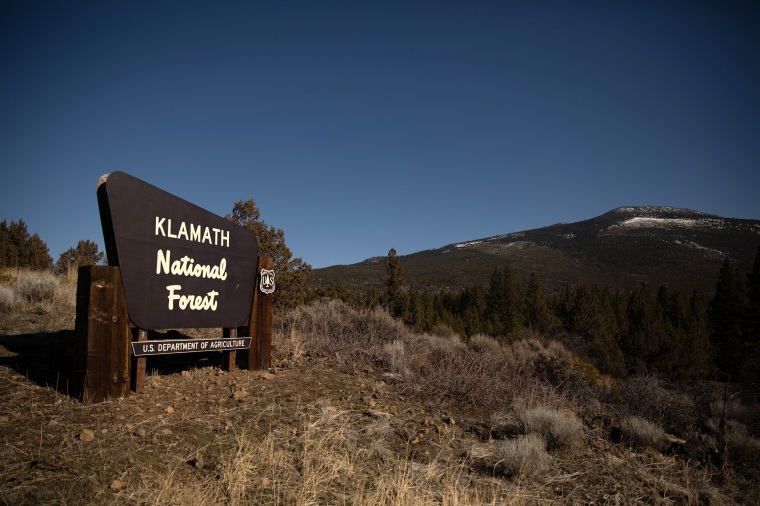
Casey Judd, president of the Federal Wildland Fire Services Association, which advocates on behalf of federal firefighters, said he heard similar accounts from other firefighters last year. Because Covid-19 guidelines varied by crew, forest and even fire, many firefighters were forced to "manufacture some common sense rules" on their own.
"Nobody knew what to do," he said. "Everybody's looking for guidance and, of course, guidance is supposed to come from the top down and sometimes it didn't get there."
Rios’ fire crew had already spent four days fighting wildfires in the Angeles National Forest outside Los Angeles and the Cleveland National Forest near San Diego when he decided to post the message to Facebook.
In the post, Rios said his supervisor was pushing for the fire crew to return home early because of the worsening coronavirus outbreak in Los Angeles.
“Everyone on the strike team ... are perplexed and upset that he's trying to shorten our stay since we MAY or MAY NOT have been infected,” Rios wrote. “Why bring us back early and expose the public and our own families when we can still be utilized down here with covering for potential future fires (we've been dispatched to 3 fires in 4 days) between CNF and ANF.”
Within a few hours of posting to Facebook, Rios said, he was questioned by his team leader who called his behavior “unprofessional” and warned him that he had “rocked the boat.”
"I think it’s pretty unprofessional to come back to our families and the public after being exposed to Covid," he added.
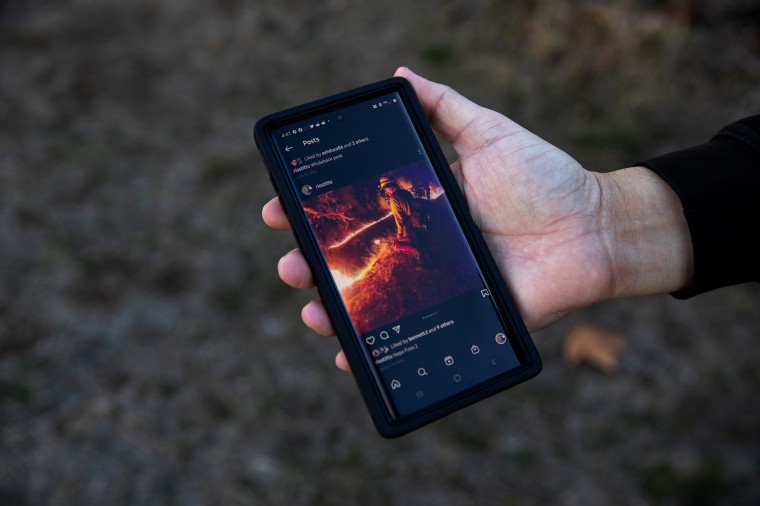
A few months later, he received a call saying that he would not be rehired for the following fire season.
The Forest Service, which falls under the jurisdiction of the U.S. Department of Agriculture, manages roughly 30 percent of federal lands, the majority of them in the West. Every spring, the agency hires 12,000 seasonal employees, many of them as firefighters, to work from May through October. They must reapply for their jobs every year.
Rios said no reason was given for not being rehired, but he suspects that he was “blacklisted” after voicing his concerns publicly.
“I’m not the kind of guy who goes out looking for trouble, but they kind of forced my hand when they promised to have something in place and they didn’t,” he said.
